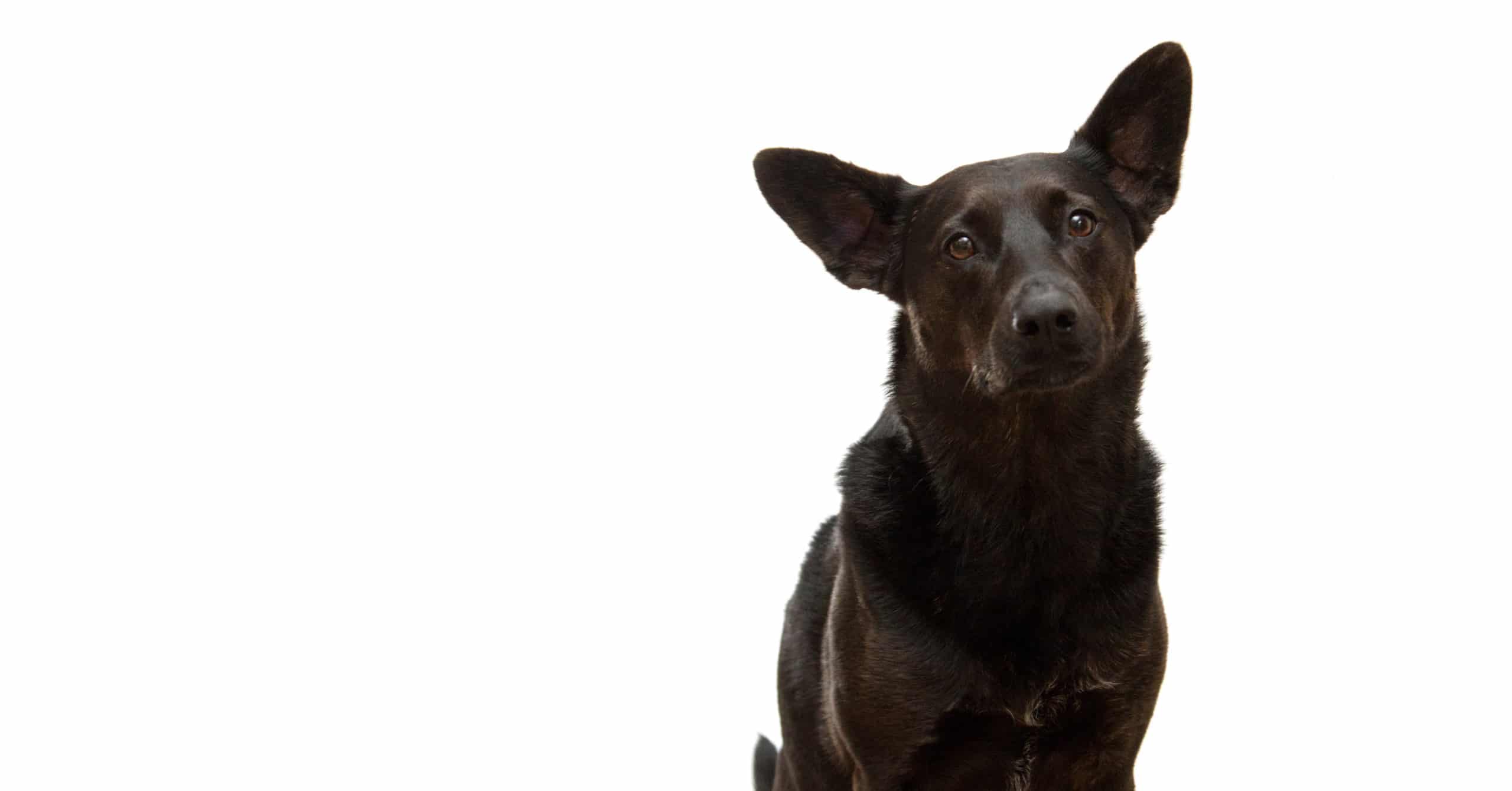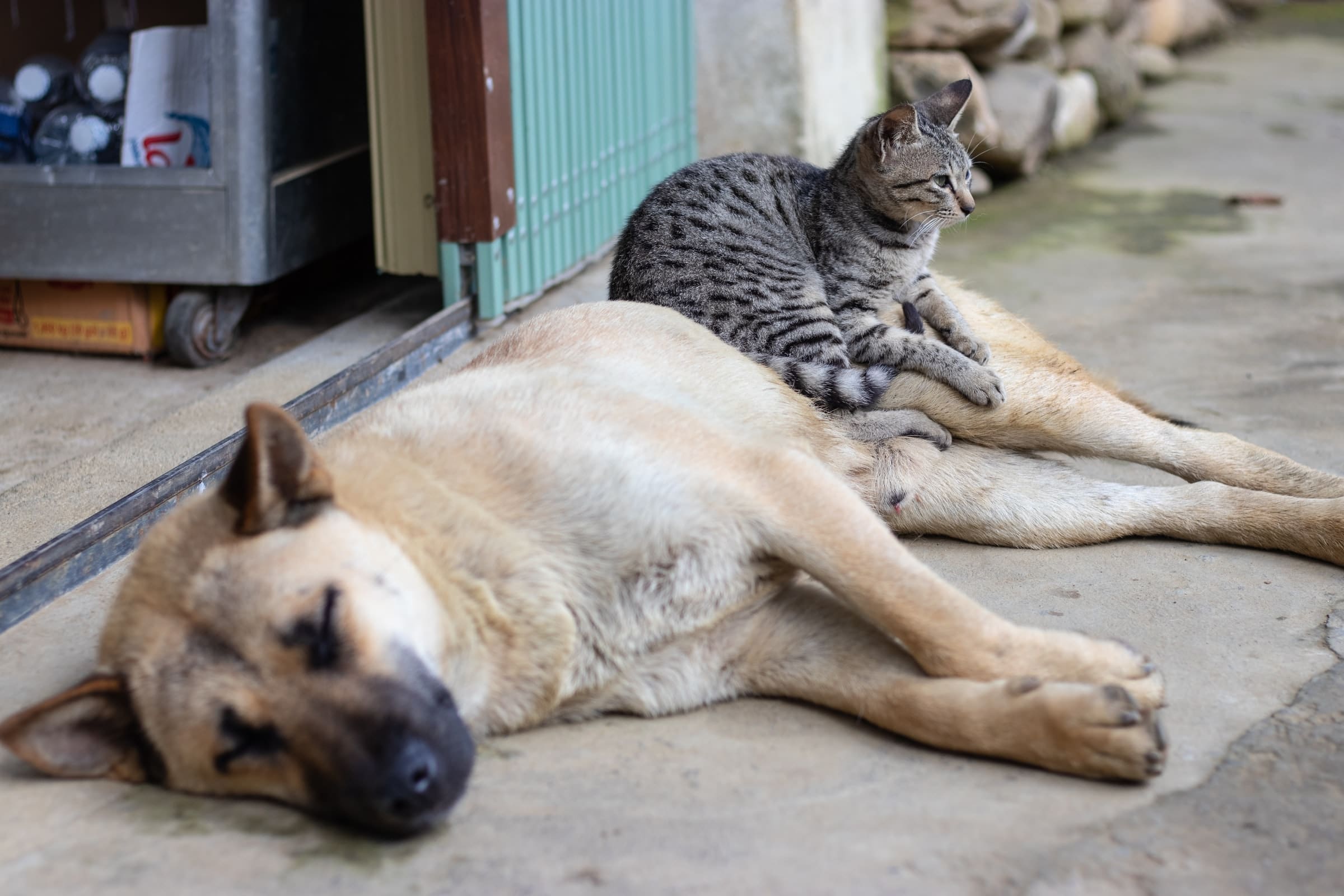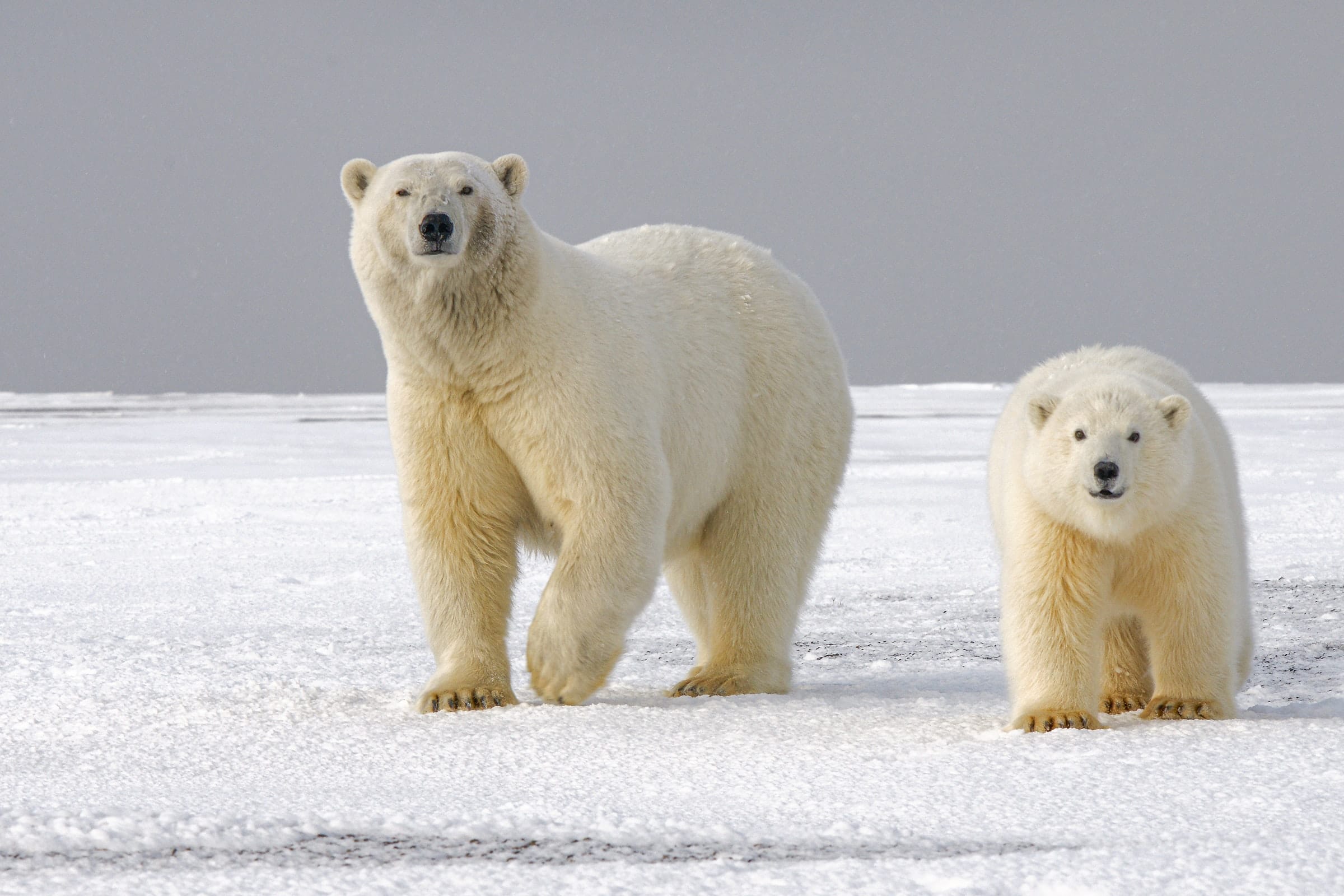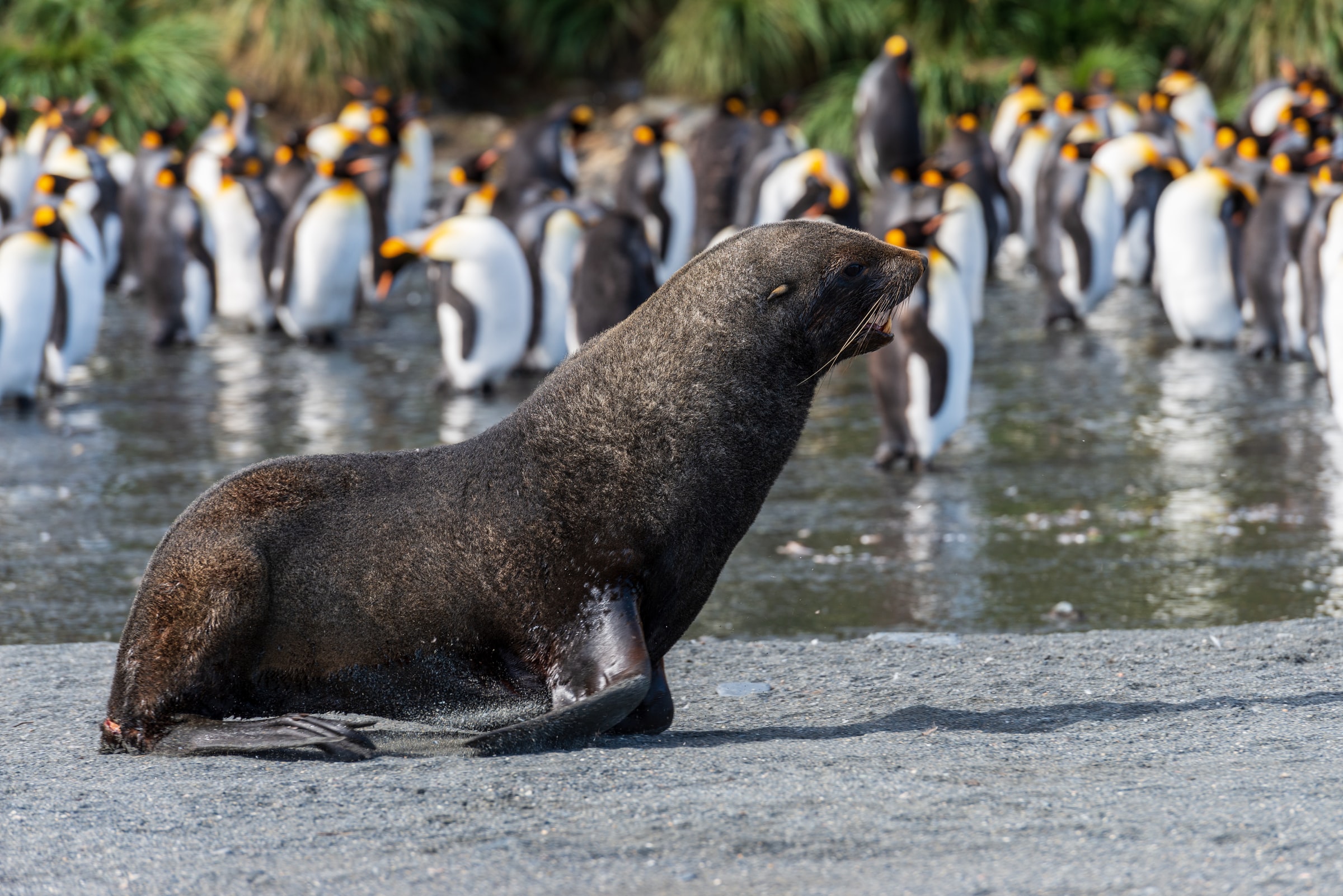How to Help Animals in Need

April 11th was National Pet Day, a celebration of our furry, scaly and feathered friends and all the joy they bring to our lives. 67% of American households have at least one pet, with dogs, cats and fish comprising the top three.
It is quite apparent that a majority of Americans care about animals, with 95% of animal owners identifying their pet as part of their family. However, this passion must be turned into action, for millions of animals – domesticated and wild – find themselves in life threatening situations.
From puppy and kitten mills, to poaching, destruction of natural habitat, abuse and kill shelters, animals around the world face uncertain futures thanks to human-caused issues. Now is the time to reflect on how we as a people treat animals, and what we can do to protect and nurture them and the ecosystems they are part of. Animals are essential parts of our environment and way of life, but more importantly, they are living creatures who deserve protection, respect and representation.
Adopt Animals and Support Shelters

Roughly, 6.5 million companions (dogs and cats) enter American animal shelters every year. However, of this number, only about half (3.2 million) will be adopted. If you are looking to bring home a new pet, adopting from shelters is a great way to help animals in need. Not only are you rescuing an animal and giving it a loving home, you are promoting healthier animal breeding. In dogs especially, mixed-breeds are usually healthier than purebreds, with less likelihood of developing genetic diseases or conditions.
But what if you want to help dogs and cats, but don’t have the room/money to get one of your own? While adoption is the most direct means of helping animals, shelters around the country are always in need of volunteers and donations. Nonprofit organizations like American Humane work tirelessly to rescue animals in need or displaced by disaster. For a more local approach, consider giving money and time to your local shelter, helping your community and friends connect with animals in need. Small actions like posting adoptable pets on social media could make the difference and save an animal’s life.
Pet owner or not, there are countless ways to assist needy cats, dogs and all other domesticated animals. Many organizations working for animal welfare are nonprofits, and require donations and volunteering to keep the lights on. Whether through the rescuing of an animal, or just getting the word out, we can all get more animals out of shelters and into the homes of loving owners.
Protect Animals from Poachers

It is easy to hyper focus on domestic animals in need; and while it is important to protect and support them, numerous wild animals are in direct danger from overhunting, illegal trafficking and poaching. Not only are these practices inhumane, but they also put animal populations and entire ecosystems at risk of extinction and collapse.
As an example of the power of poaching, more than 65% of Central Africa’s forest elephant population has been wiped out over the past decade. They are among the millions of animals facing some level of extinction, with more animals being added every passing year. Whether it is to collect valuable resources like ivory, to hunt for sport, or simply to meet a rising demand for meat, we are killing many animal species at alarmingly high rates.
These practices have direct ramifications which can quickly be felt even by humans. Poaching and overhunting “disturbs the natural order, and since every ecosystem is unique and different, the removal of a living creature from their natural environment results in an unbalanced ecosystem.” When the ecosystem dynamics are thrown out of balance, overpopulation and extinction become serious issues.
Luckily, numerous organizations are fighting for the rights of wild animals, working with local governments to prosecute poachers, hunters and rare animal traffickers. The Wildlife Conservation Network (WCN) is among many organizations fighting for animal welfare, teaming up with local communities to curb harmful practices and to nurture pride in animal populations.
By reforming industries to discontinue the use of animal byproducts, along with further work to curb the efforts of poachers, traffickers and exotic hunters, we can save countless lives and bring animal communities back from the brink of extinction.
Address Climate Change and Ecosystem Destruction

Man-made climate change is already affecting the environments of countless animals around the world. Most publicly, polar bears are drastically being impacted by melting ice caps and warming average temperatures. Images of polar bears stranded on shattered segments of ice have become a shorthand for the immediate impact climate change is having on animals’ welfare. However, they are far from the only animals facing a changing environment.
Small differences in the weather can dramatically impact the ecosystems animals depend on, especially for those already at risk of endangerment. Whether it’s changes in rainfall, invasive species consuming resources, or reliance on environmental cues for reproduction, countless animals find survival more challenging as a result of climate change worsening.
While many animals face the broad effects of climate change, many are having their habitats directly destroyed by industrialized processes. According to National Geographic, “[80%] of Earth’s land animals and plants live in forests,” with deforestation and pollution destroying millions of animals’ homes. With fewer trees and shrubbery, survival becomes more challenging for forest dwelling animals. “Removing trees deprives the forest of portions of its canopy, which blocks the sun’s rays during the day and retains heat at night. That disruption leads to more extreme temperature swings that can be harmful to plants and animals.”
To save countless animals from complete extinction (along with our own way of life) humans must address climate change and cease processes which accelerate it. From individuals all the way up to governments and multinational corporations, we all have a part to play in protecting our environment and the animals who live within it.
Protect All of the World’s Creatures

In recent years, animal welfare has become much more important to Americans. Overall, Americans give over $11 billion to animal-based charities annually. Whether animals are living in our homes or in the wild, all of them deserve the ability to live long, happy, healthy lives.
Much like other issues facing the planet, animal rights are deeply ingrained in other social and environmental issues. To address the problems facing animals, we must amend harmful customs, alter our perceptions of animals and their byproducts as status symbols, and motivate our industries to be more forward thinking and environmentally conscious. With enough work and care, we can preserve our planet and all the amazing creatures which call it home.
To learn more ways to help animals around the world, check out Impactree’s Animal Rights Action Hub.

